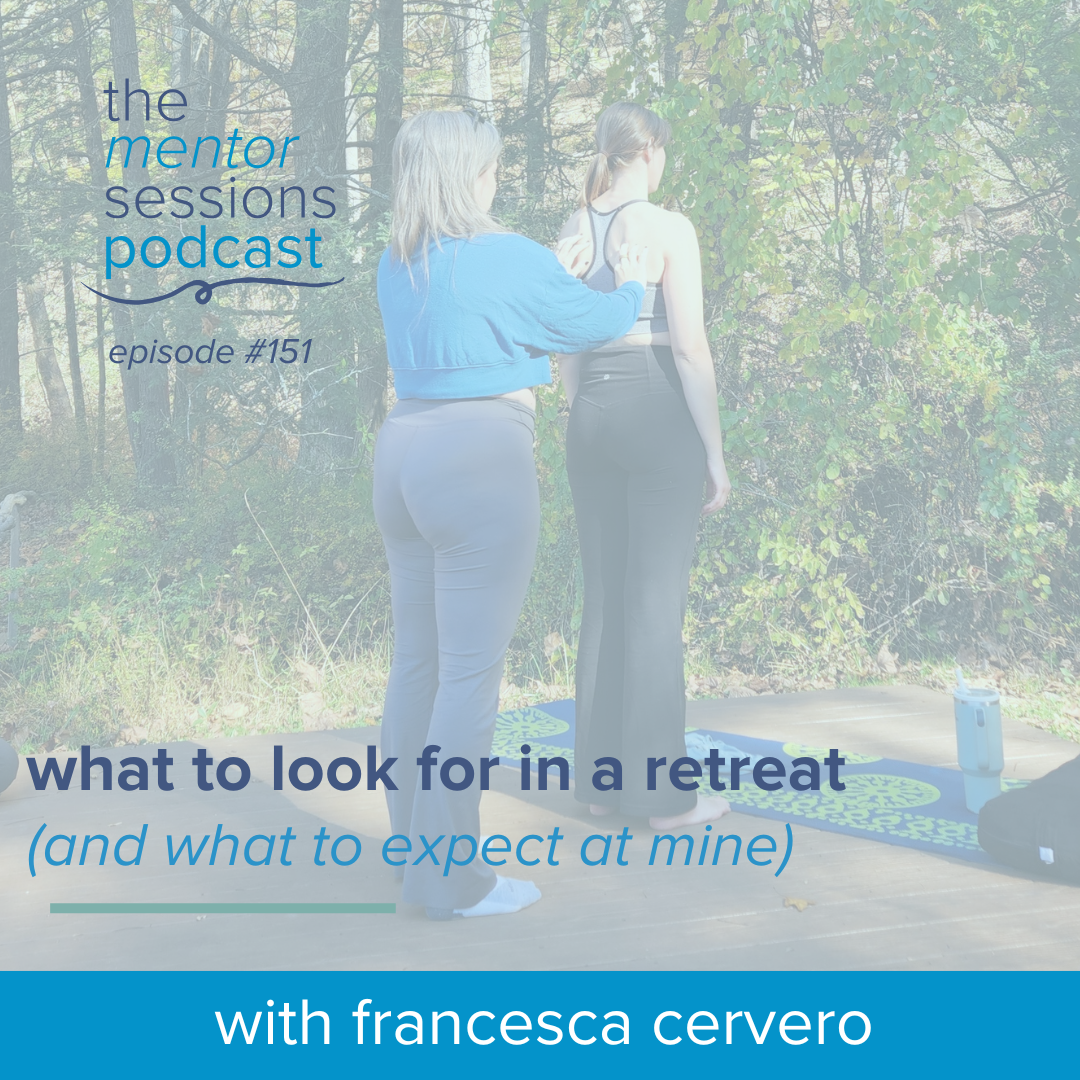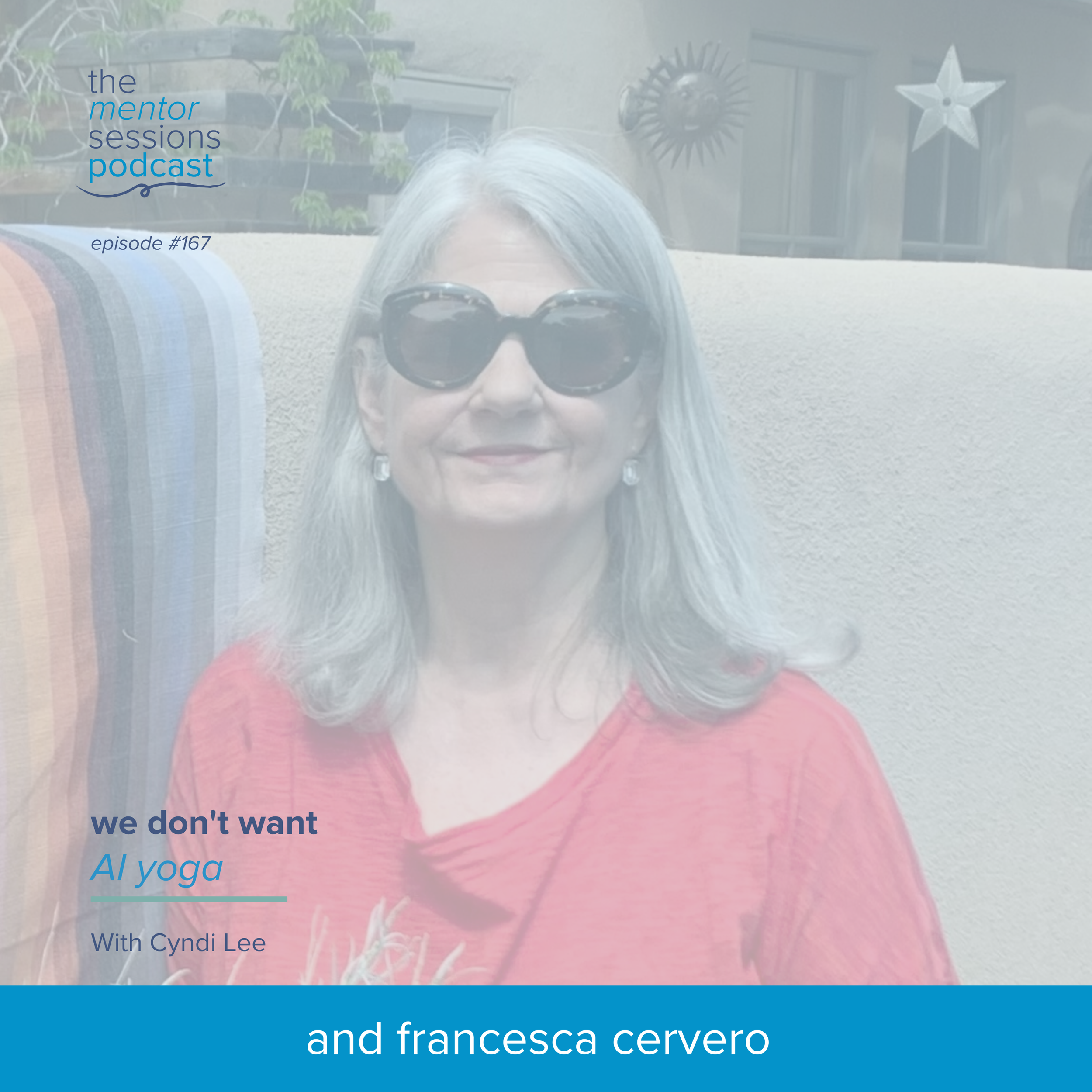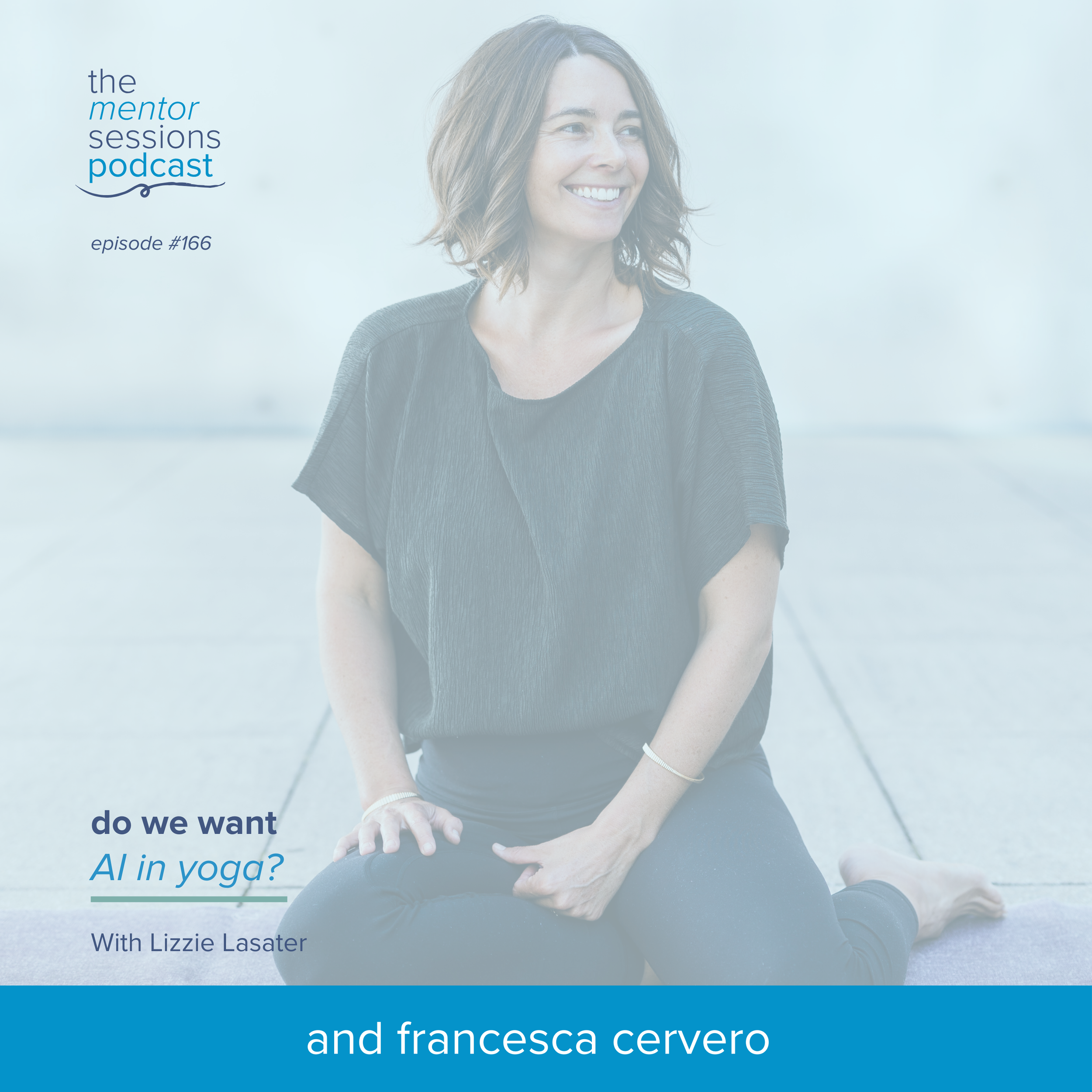151: What To Look For In A Retreat (And What To Expect At Mine)
How do we pour into ourselves so we have enough energy, time and focus for all the people who need us?
How do we stay connected to our practice, since it should be the foundation our whole teaching life is built on?
How do we stay inspired in our teaching without investing thousands of dollars in continuing education each year?
It is not easy! But creating time for our own practice and study is essential.
Today on the podcast, I am going to share a story from a retreat I was on in Thailand. I was two weeks into a three-week trip when I realized I was as busy and exhausted as I was at home. The truth hit me like a ton of bricks, and that moment was the beginning of a lot of change for me.
In this episode, you’ll hear:
what was happening the moment I realized I needed to make some big changes
how I think about spiritual study and self care now
what well digging and well refilling looks like in different seasons
the difference between being burned out and being overwhelmed
and how to address each one
what I’ll be doing at my retreat to address all of these needs!
Resources:




American yoga teachers have a unique role in fighting fascism. We are deeply practiced in the tools that help us (and our students) feel clear, steady, focused, calm and resilient. And if you read the teachings the way I do, we have a powerful directive to engage in direct social action.
Lovingkindness meditation says, “May All Beings Be Safe And Free” and that is not just a nice idea, but a mandate to work for change. As you can plainly see with your eyes, all beings are not safe. But there is so much we can do! There is incredible work being done and all we have to do is plug into it.